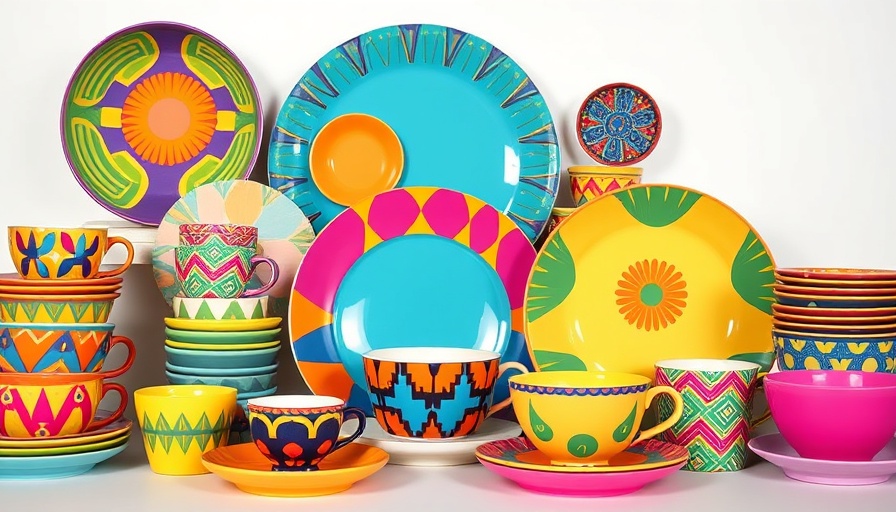
Google Mixboard: Pioneering the Future of Digital Design
In a bold step towards reshaping how we conceptualize design, Google’s Mixboard, an innovative tool launched in beta, allows users to create dynamic moodboards using generative AI technology. This experimental application is designed to be a creative canvas where individuals can transform their ideas into visually appealing boards, reminiscent of platforms like Pinterest and Adobe's Firefly Boards. But what does this mean for students, early-career professionals, and tech enthusiasts alike?
How AI is Revolutionizing Design
Mixboard leverages Google’s Gemini 2.5 Flash model to provide users with pre-populated templates and customization options through natural language prompts. Users can generate visuals by simply typing commands like “show me autumn-themed decorations” or “create a collection of kitchenware in the Memphis style.” This accessibility means that both novice and experienced users can explore their creativity without the traditional barriers associated with design tools.
The Cultural Shift Towards AI-Driven Creativity
What makes Mixboard stand out is its embrace of AI in the creative process, a trend we see burgeoning across various industries. This move not only reflects advancements in AI technology but also hints at a broader societal embrace of AI-enhanced tools. With AI becoming increasingly integrated into user experiences, it raises questions about ethical usage and the balance between technology and human creativity. How can we ensure that AI serves as a tool for empowerment, rather than a crutch that stifles originality?
Understanding the Ethics Behind AI Applications
While AI tools like Mixboard bring forth exciting opportunities, they also introduce complex ethical challenges. Questions arise concerning AI’s impact on originality, ownership, and privacy. As users generate content, the implications of AI-generated imagery may blur the lines of authorship, making it essential to navigate these ethical waters carefully. As the landscape evolves, so too must our understanding of how to implement AI responsibly in creative fields.
Future Perspectives on AI in Design
As we look towards the horizon, Mixboard is just one example of AI's potential to revolutionize design and creative interactions. The integration of AI tools in business and personal projects is expected to grow, giving rise to new industries and employment opportunities. Understanding the nuances of AI ethics will be critical, particularly as technology plays a more significant role in our daily lives.
As users navigate these advancements, it is imperative to question: How will your creative processes evolve with AI? Embrace the tools, but remain vigilant about the ethical considerations they introduce.
 Add Row
Add Row  Add
Add 




Write A Comment